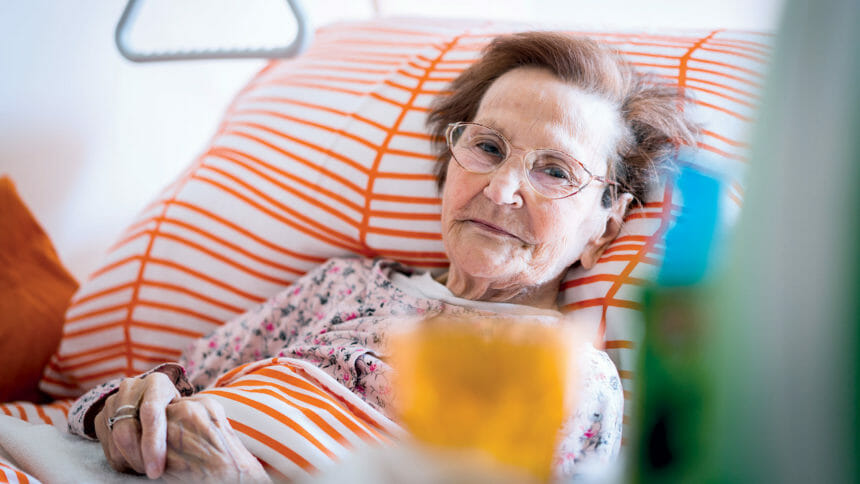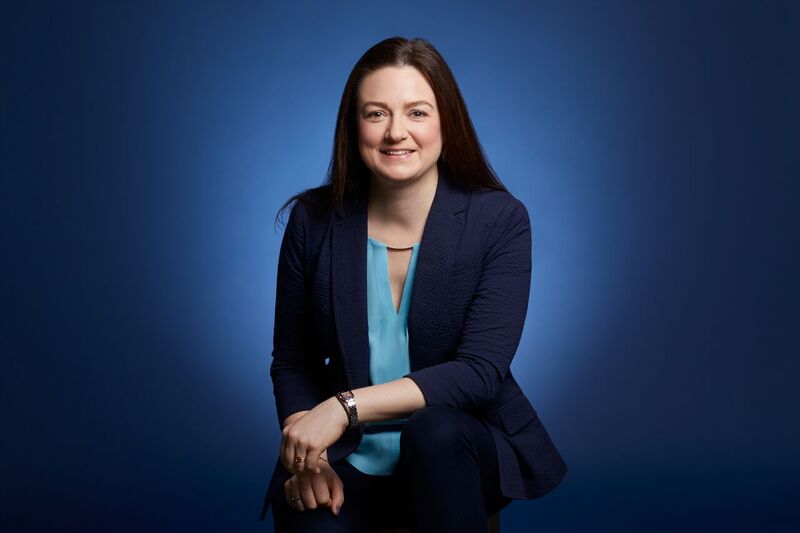
If the COVID-19 pandemic has a silver lining, it is the success and expansion of the hospital-at-home model (HAH). That is the overwhelming consensus among speakers at the World Hospital At Home Congress this week.
“COVID really thrust acute care in the home into the limelight and gave us a platform to create innovation in a time of necessity,” Stephanie Murphy, medical director for Atrium Health’s Hospital at Home, said during a webinar Monday on how the pandemic is driving the evolution of in-home care.
HAH is an innovative care model that provides acute hospital care to patients in their homes. The concept has undergone a growth spurt in the United States over the past year as the Centers for Medicare and Medicaid Services has allowed more hospitals to move care into patients’ homes to keep pace with increased demand from the coronavirus. HAH has also been used as a way of keeping down infection rates from the virus. To date, 116 U.S. hospital systems are providing HAH under waivers granted by CMS.
Big in Europe
The hospital-at-home concept has been used for decades in Europe, but even providers in Europe said COVID-19 helped prove the value and flexibility of the program. When the pandemic struck France last winter, the HAH program at Greater Paris University ramped up the number of patients it saw each day from 800 to 1,000 in less than three weeks.
“Teams were able to do this because we were already well structured and well organized professionals, so innovation was possible because the skills and protocols existed before the pandemic,” Greater Paris University HAH manager Laurence Nivet said during Monday’s webinar.
The pandemic prompted Charlotte, NC-based Atrium Health to quickly put together a more formal framework to deliver care at home. “Before COVID, (HAH) was delivered out of transitional care centers,” Murphy said. “It really gave us some innovation in a time of necessity. We had a bit of a framework, but COVID provided more rigor for now and for the future.”
HAH challenges

Still, the pandemic also has shined a light on some inefficiencies in the system. Linda DeCherrie, M.D., clinical director for Mt. Sinai at Home in New York City, said quickly training nurses to move from a clinical setting to HAH was a challenge. “I am not going to pretend that it is easy, that you can train a nurse overnight to do that,” said DeCherrie.
While U.S. hospitals said the pandemic has proven the value of hospital at home, CMS has not yet said whether it will allow all providers to continue offering HAH after the pandemic or if it will change the reimbursement model.




